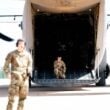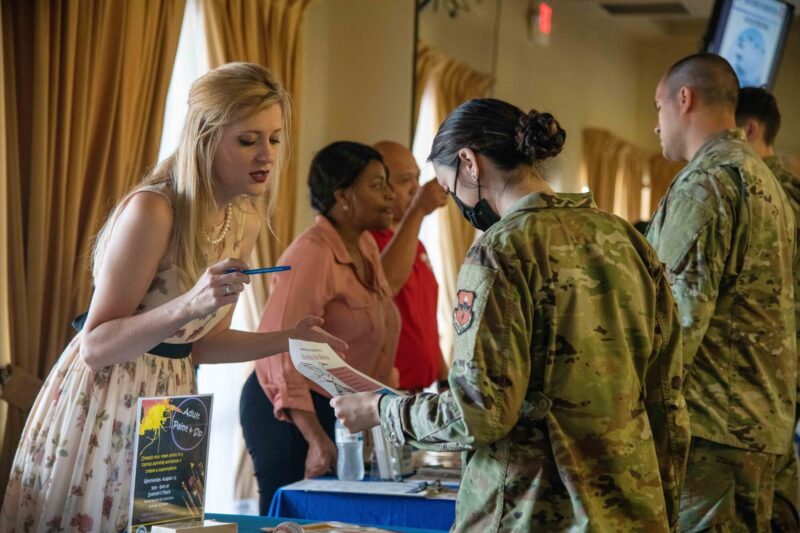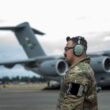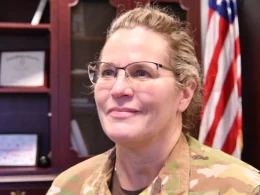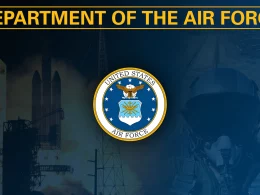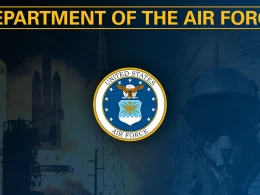The Defense Department has issued its own Exceptional Family Member Program, a move that ensures consistency across the services for military families with special needs.
“Service members can’t focus on the mission when they have concerns about a family member’s health or education needs,” said Gilbert R. Cisneros Jr., undersecretary of defense for personnel and readiness. “Enrollment in EFMP provides families access to critical services and support, no matter their service branch or location. And the department plans to continue our work to enhance EFMP to better serve our military families.”
Previously, each service set its own processes and guidelines. Policies even differed from installation to installation because there wasn’t standardized guidance from the department, said Tomeshia S. Barnes, associate director of DOD’s Office of Special Needs.
“DOD has enhanced the Exceptional Family Member Program to improve the experience of military families while creating consistency across the EFMP,” she said.
Assignment coordination is one of the improvements.
“This ensures the family’s special needs are considered during the assignment process. Enhancements include each service branch using the same criteria for determining the availability of services and the ability for service members to request a second review of assignment decisions. Importantly, service members now learn the reason for declined orders,” Barnes said.
Standardization of the program across the services includes:
- Standardization of identification and enrollment ensures the process is consistent for families across services. Enrollment in EFMP is mandatory for active-duty, military members who meet enrollment criteria.
- The program’s family support providers enable families to become their own best advocates by helping them identify and connect with resources, expert consultations, education and community support. There is now a requirement for family support providers to complete at least one annual personal contact with each family assigned to their caseload and every family using their respective service’s respite care program.
- There is guidance and transparency regarding the process and requirements for disenrollment. The policy standardizes how families are instructed to disenroll and how EFMP staff will monitor the process.
- Respite care provides short-term relief for primary caregivers. Although the policy has changed, the changes will be gradual and implemented through a phased approach to ensure each family’s needs are met.
Barnes said revisions to respite care include:
- Providing a consistent number of respite care hours across the services. Depending on the service branch, hours will increase for some families and decrease for others.
- Creating a standard mechanism for determining eligibility for respite care across the services.
- Covering adult dependents who are now eligible for respite care.
- Eliminating the impact of external respite care on family eligibility for EFMP respite care.
- Giving families the ability to request additional services based on exceptional circumstances.
Barnes noted that these changes to the program don’t mean there’s no more room for future improvements.
“We serve and work to continually update and enhance the EFMP policy,” she said, noting that DOD solicits feedback from families through social media, surveys and town hall meetings.
For More Information
For feedback, visit: https://apps.militaryonesource.mil/MOS/mcfp-prod/f?p=337:15::::RP
Families can access additional family support resources within the Military Family Readiness System. These resources can help families navigate services and gain direct connections to the support they need, Barnes said. The site can be found at: https://www.militaryonesource.mil/parenting/family-life/military-family-readiness-system/
More information about the program and enrollment, visit: https://www.militaryonesource.mil/special-needs/efmp/



